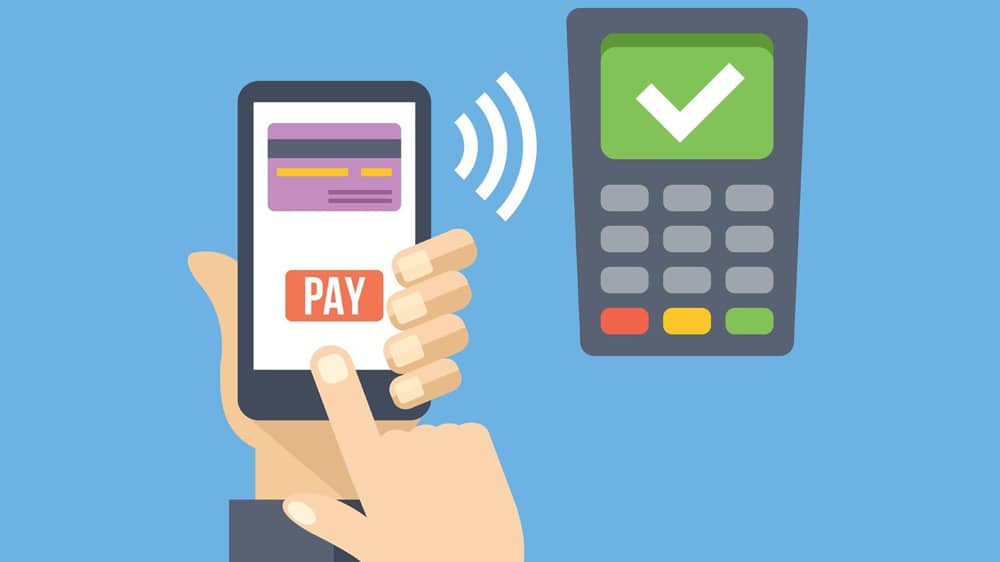The National Assembly’s Standing Committee for Finance, led by Syed Naveed Qamar, received a detailed letter on Thursday by state bank officials on the country’s digital payments infrastructure and future plans for the cashless economy.
The Deputy Governor of the State Bank, Saleemullah, informed the committee that Pakistan currently has 226 million bank accounts, of which 96 million are unique. He added that there are 19,000 bank branches and 20,000 ATMs across the country, as well as 9,500 merchants and 850,000 QR code merchants. He emphasized that consumers will not be received for cashless transactions.
Committee Chairman Naveed Qamar called on the government to refrain from repeated closure of mobile and Internet services, and warned that such obstacles could affect people’s livelihood. He emphasized that, regardless of political events, the contact should be active.
State Bank Governor Jamil Ahmed has announced that the “RAST” accounts of Pakistanis abroad in the Gulf countries will be linked to the dwarf payment system, which will allow them to transfer funds directly to any bank account in Pakistan. However, this system will only allow the mission money in Pakistan, not contrary.
He said that by June 2026, a cashless economy will be introduced at both federal and provincial levels, which aims to bring 75 % of young people to digital financial services in 2028.
Jamil Ahmed made it clear that the government would not deduct a 0.5 % merchant fee on digital transactions, instead of the state’s cost. Minister of State for Finance Bilal Kayani added that 50 % of Pakistan’s economy is controversial, but payment of salaries, pensions, taxes and utility bills will be gradually transferred to digital channels. He said that relevant legislation would also be introduced to support the move towards the cashless economy.
The secretary’s secretary added that compared to other countries, Pakistan will be one of the first people to adopt a comprehensive digital payments environmental system. However, the government noted that in case of consumer error, bank will not provide compensation, and the responsibility will be with the channel or platform where the error or fraud is made.
The Standing Committee also recommended the setting up of dedicated funds to protect the interests of consumers within the digital payment environmental system.

